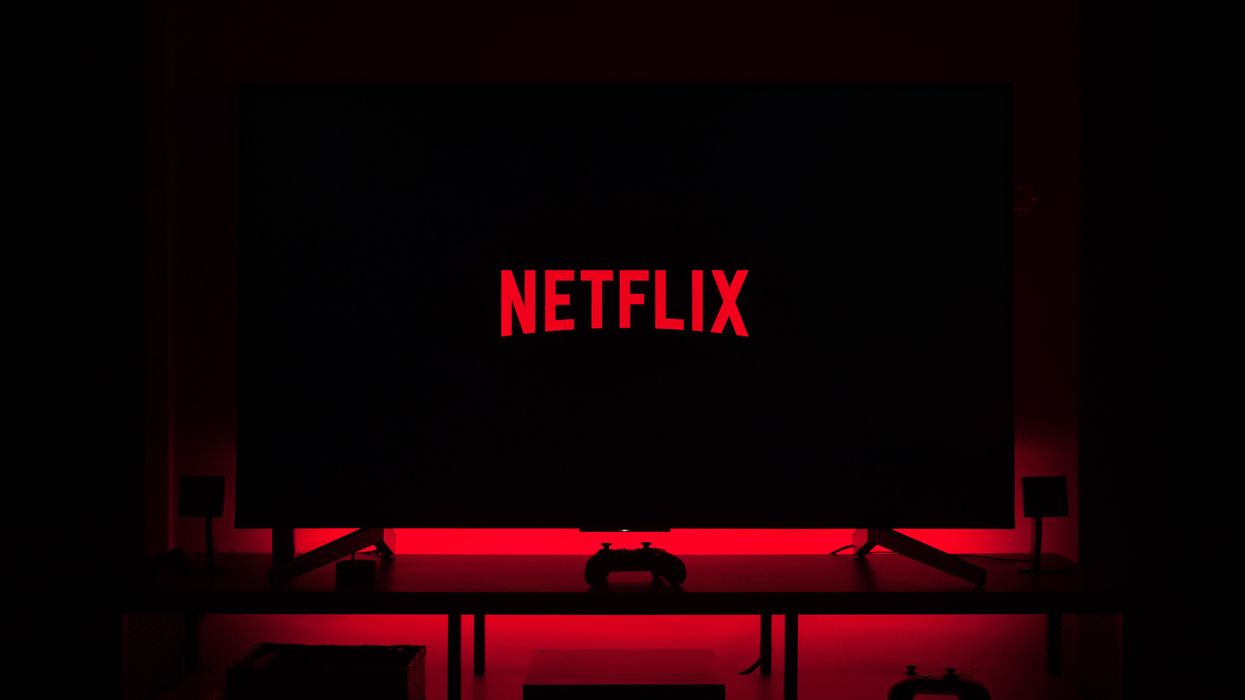Netflix’s Terrible, Horrible, No Good, But Not That Bad Earnings Report
Christian Hetrick is dot.LA's Entertainment Tech Reporter. He was formerly a business reporter for the Philadelphia Inquirer and reported on New Jersey politics for the Observer and the Press of Atlantic City.

Netflix’s second quarter went better than expected, which is to say that it was still pretty bad.
The streaming giant lost 970,000 subscribers from April through June, the company reported Tuesday, marking the first time that Netflix lost paying customers in two consecutive quarters. Most of the losses came in the U.S. and Canada, the company’s most lucrative region in terms of revenue per customer.
Yet earnings reports are often about beating Wall Street’s expectations (even if those estimates are really low) so Tuesday was, in a bizarre way, a good news day for Netflix. The nearly 1 million fewer members is less than half of what Netflix forecasted in April, when it predicted a decline in 2 million customers. Perhaps more importantly, Netflix is predicting a rebound soon: It plans to gain 1 million customers in the current quarter.
Netflix shares jumped more than 7% on the heels of the bad-but-not-that-bad financial report. That put the firm’s stock price at $216.19 as of 3:36 p.m., which is still a far cry from the $691 price back in November.
“It just shows how badly the stock has been whacked that it’s riding so strongly on less bad news than expected,” George Seay, a Netflix shareholder and chairman of Annandale Capital, told CNBC.
The rosy views on Netflix’s quarterly report might not be entirely about the smaller loss in subscribers. The rising share price could reflect confidence in Netflix’s main plans of action—airing commercials and cracking down on password sharing—even if those won’t bear fruit until at least 2023.
Netflix revealed Tuesday that it wants to launch its advertising subscription tier early next year after partnering with Microsoft, which will handle the ad sales and technology. Details are still light, but the idea is to give consumers a cheaper option than the standard monthly price of $15.49, among the most expensive subscriptions available. Consumers are increasingly adopting cheaper, ad-supported plans, a big reason why Netflix’s rivals have gained ground lately.
“We know that there's price sensitivity,” Netflix COO and Chief Product Officer Greg Peters said during an earnings call. “We're bringing a wider range of prices through the ad supported offering—a lower consumer-facing price—to be able to attract a broader set of members.”
Netflix also provided more details on its coming crackdown on password sharing. The company believes there are 100 million households using Netflix without paying for it, a figure that amounts to almost half of its 220 million paying subscriber base. The streaming service is testing two ideas in Latin America to fix this. One is to charge roughly $3 per month to add a new member to an account. Next month, Netflix will try something else: limiting accounts to just one household unless they pay $3 per month to add more homes.
“Our goal is to find an easy-to-use paid sharing offering that we believe works for our members and our business that we can roll out in 2023,” the company said in a letter to shareholders.
Until then, Netflix may need to rely on its content offerings. That was the case during the second quarter, when consumers collectively spent more than 1 billion hours watching the fourth season of “Stranger Things.” The latest installment of the sci-fi franchise was the best English debut in the company’s history.
“We’re executing really well on the content side,” Netflix Co-CEO Reed Hastings said Tuesday when asked what drove the slightly better-than-expected financial results. “If there was a single thing, we might say “Stranger Things.”
“But again,” Hastings added. “We're talking about losing 1 million instead of losing 2 million. So, our excitement is tempered.”
- Big Changes Coming to Netflix After Catastrophic Earnings ›
- Netflix Could Generate $3B From Ads With Microsoft Deal - dot.LA ›
- Netflix's Pivot to Ads Boosts An Already Hot Smart TV Market - dot.LA ›
- Microinfluencers Are Making More Money Than Ever Before - dot.LA ›
Christian Hetrick is dot.LA's Entertainment Tech Reporter. He was formerly a business reporter for the Philadelphia Inquirer and reported on New Jersey politics for the Observer and the Press of Atlantic City.



 Image Source: Skyryse
Image Source: Skyryse
 Image Source: Northwood Space
Image Source: Northwood Space